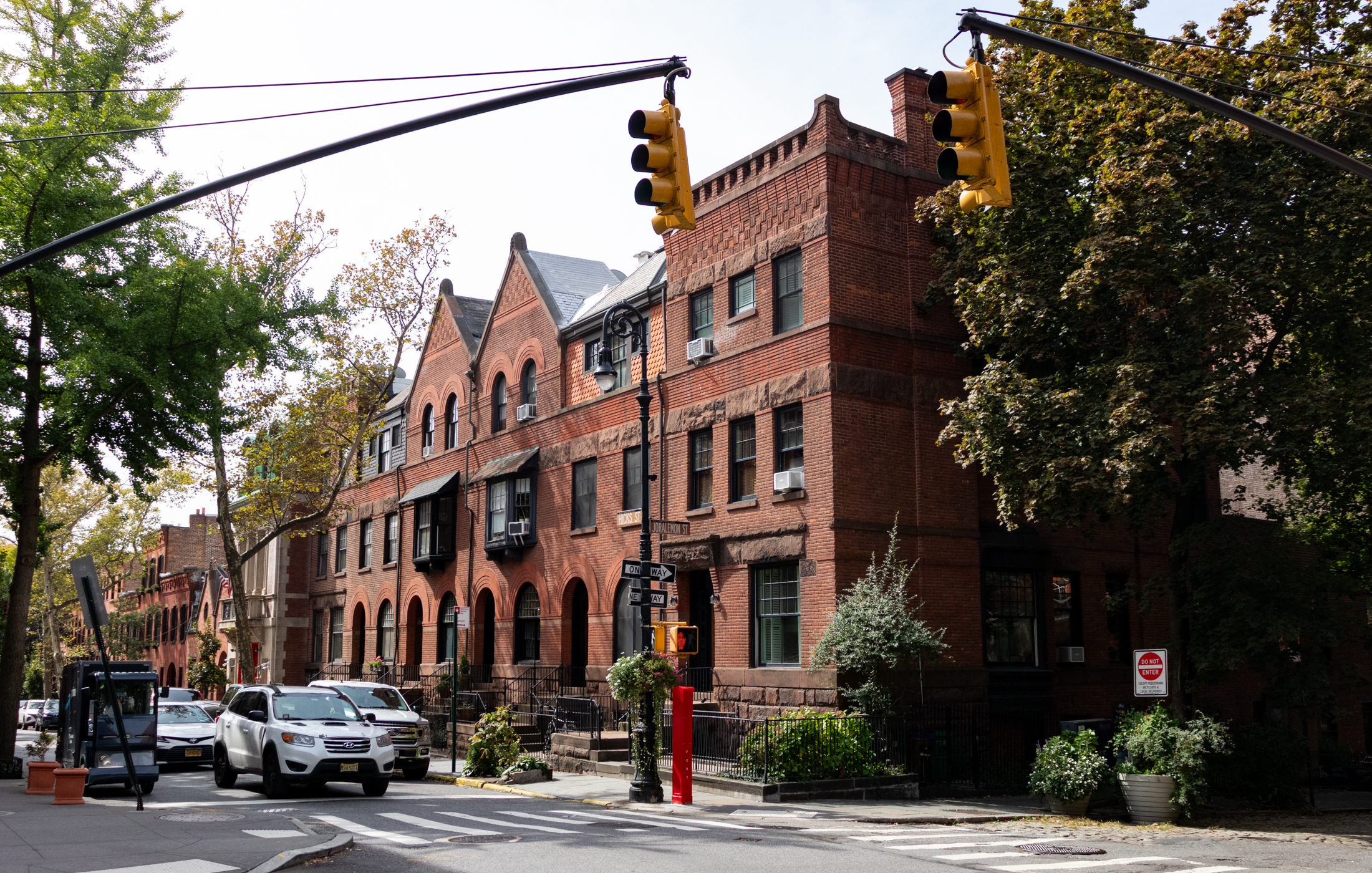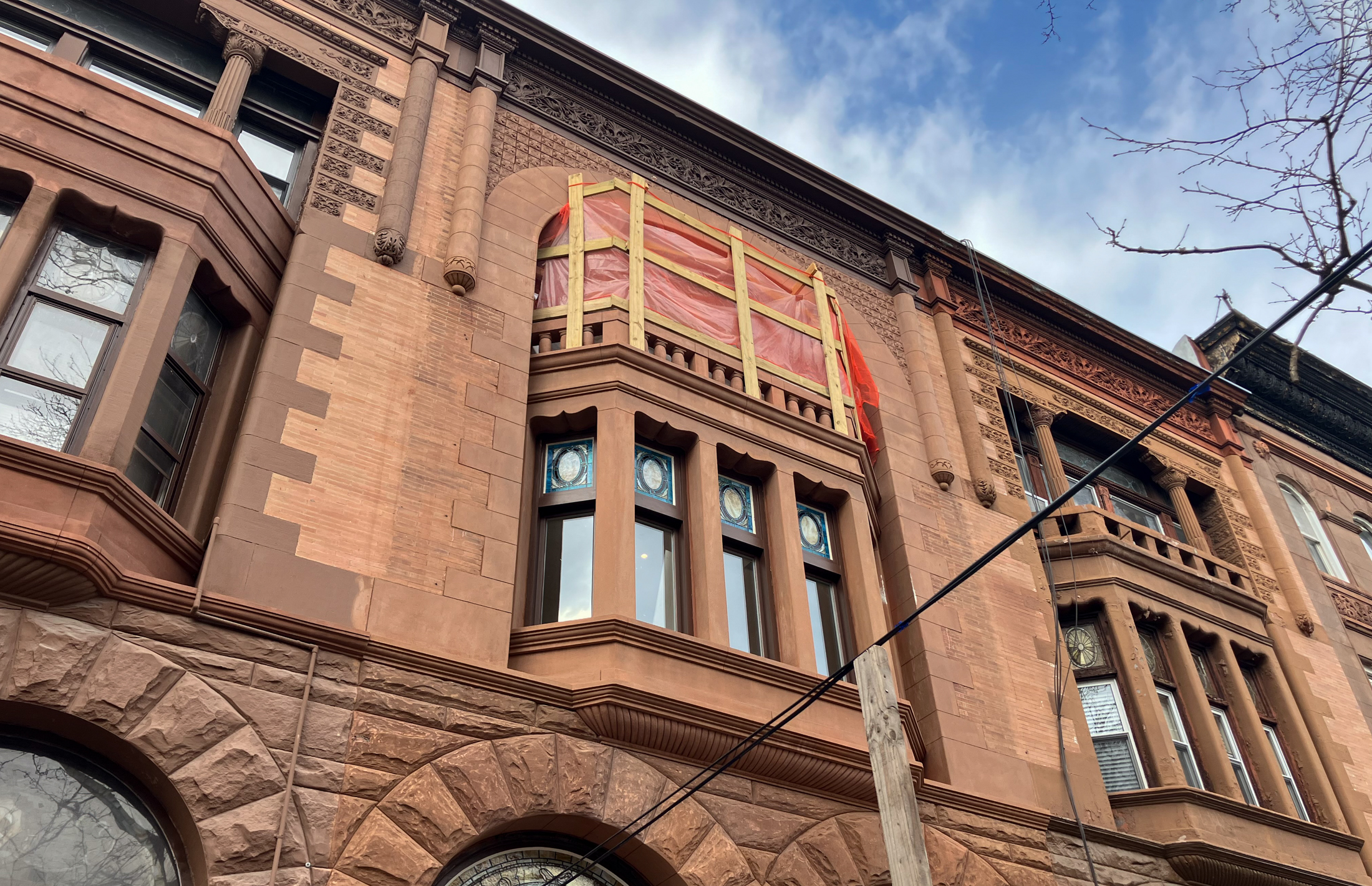S#!t Outta Luck: Values Down, Taxes Up
We’ve heard what Elliman, Corcoran and others think happened to prices last year and now we know what Bloomberg et al think: That property values—at least in Clinton Hill—fell 10 percent last year. The assessed value, however, did not decrease in accordance. As previously reported, property taxes are going up 7 percent this year. Ouch….


We’ve heard what Elliman, Corcoran and others think happened to prices last year and now we know what Bloomberg et al think: That property values—at least in Clinton Hill—fell 10 percent last year. The assessed value, however, did not decrease in accordance. As previously reported, property taxes are going up 7 percent this year. Ouch. Update: Crazy Stable is riffing on the same topic.





tybur6:
the issue is that class 4 (commercial prop) & class 3 (regulated utilities, read: ConEd) and rental buildings are paying a much higher share of taxes than most Coop/Condos and 1-3 Fam homes. to get parity, you’d need to either cut taxes for the first group (which then costs the city money) or raise it for the second group (which would be hard to do – some people might be able to afford it, others, especially those on fixed incomes would not be able to afford it). and more importantly, homeowners tend to vote at a much higher rate than renters, so it is something like a third rail in politics in NYC.
Thanks David.
I also think there is quite a lot of merit to my statement about stabilizing the market through *appropriate* taxes. The amount of property tax is listed as a SELLING POINT on realtors’ websites. This is ridiculous.
If a variation on market rate was employed as the basis of taxation, folks my think twice about plopping down $1 million for a mediocre house in Bed-Stuy or a $3 million for a sort of OK house in “prime slope.” Instead of paying $2k in taxes because that’s based on the old value of $200k, they are looking at a tax payment of $10k a year…. which, if you ask me, doesn’t seem that strange for a property that is worth a A COUPLE MILLION DOLLARS.
I think that Gomuppets’ note that raising rates on class 1 housing “would not be feasible” should read “would not politically be feasible.” You’d have to do it in some less direct way, probably. For example, people seem to like a millionaire’s tax. Maybe a surcharge on taxes on houses over a million would fly. But the system seems rigged forever to favor home owners over renters, and I’m not betting on any changes.
Well, tybur6, taxes are based on market prices (phased in), really, but I think your complaint is that they’re too low. This is not a popular position, but you are probably right. On the other hand, you could just consider yourself lucky that all those big buildings in Manhattan, and the apartment buildings all over the city, pay a much higher rate in taxes than single-family, small-building, owners do.
The real inequity here is that the burden of property taxes on rental housing, lived in by poorer people as a rule, is much higher than that on people who can afford a house (exc. to the extent rent stabilization alters this???). This is exacerbated further by the fact that the government subsidizes home ownership by making much of its cost (property taxes and mortgage interest) tax-deductible.
Thus, to the extent brownstoner is whining about the predicament of that person who owns the million dollar house, above, he’s pretty much off base.
Gomuppets… “the problem with trying to fix the system is it would require a number of class 1 (1-3 family homes) and some coop/condos to pay much higher rates than they have been paying, which really would not be feasible.”
Why?
David Lewis and Slopefarm, thanks for the insights!
Cities such as SF, LA and Boston pay a straight 1.0-1.25% tax rate, and the assessments are much closer to market value. The
example of the house above would be taxed at 8-12K per year in those cities. That would be a fair tax here in Brooklyn. All in favor, raise your hands. No hands raised?
Just an FYI, it’s the same over here in Jersey City. The assessed value is significantly lower than market value. Although, not nearly the difference that I’m see in the caption above. I think you guys still have it darn good over there!
My first quarter bill had this notice printed at the top:
“Estimated 1st Quarter Bill. Be advised that when the city budget is adopted a final billing will be mailed for the 2nd quarter 2009.”
Gee thanks, I can’t wait!
“The limit is 6%/yr, 20% over 5, but this could go on pretty indefinitely. So my query is the same as yours.”
Can’t go on indefinitely. As soon as you see that your assessed value is more than about 6% of the actual market value of houses in your neighborhood (as established by sales of comparable houses), you can do something about it. (It’s actually fairly simple, if tedious; just collect information about the houses showing comparability and sale prices and submit. I think Google will find you forms.) But until your assessed value is actually more than 6% of actual market value, forget it (and if it’s close, you have to determine the value of your time).